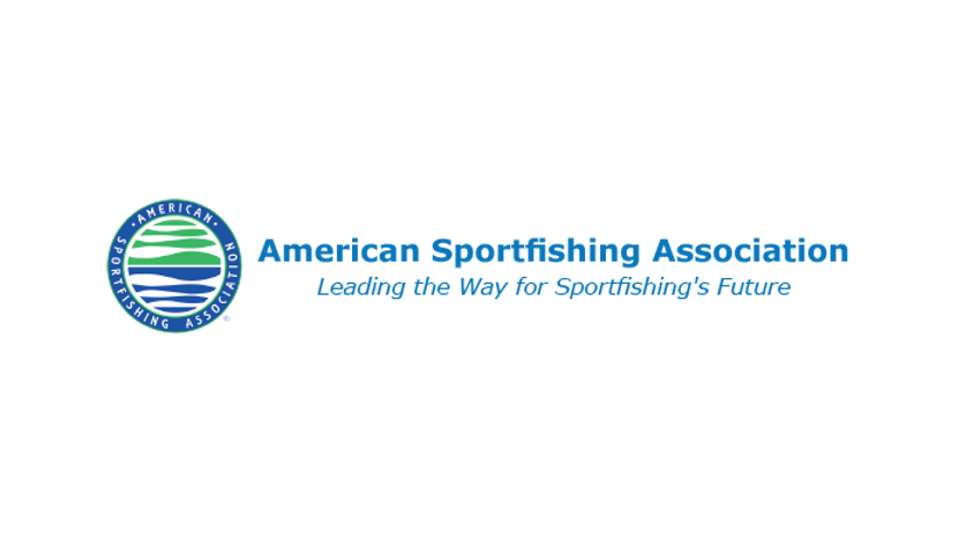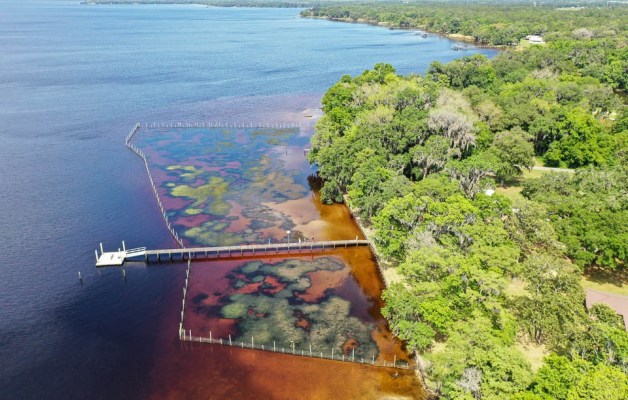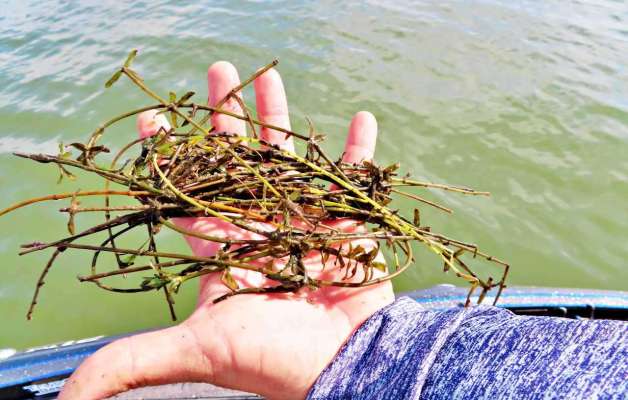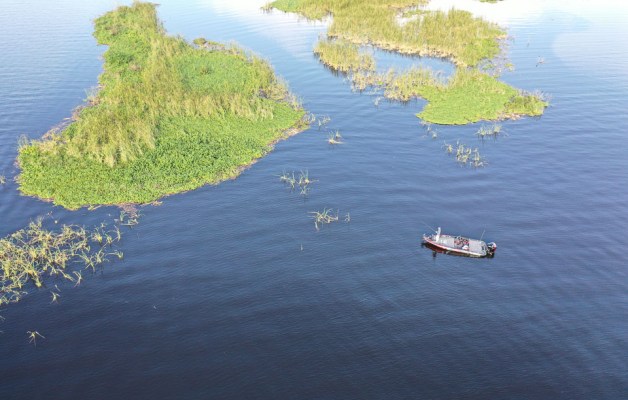
Alexandria, Va. – The past year not only brought significant change within the U.S. political system, and also within the nation’s recreational fishing policy arena. The American Sportfishing Association (ASA) recounts the top recreational fishing advocacy accomplishments of 2016.
“Throughout 2016, ASA’s members and staff met with members of Congress on Capitol Hill and in their home districts, to drive home the message that recreational fishing has a significant impact on our nation’s economy,” said ASA Government Affairs President Scott Gudes. “I want to thank these members, along with our Government Affairs committee members, for working to help us accomplish our legislative goals and as we look towards 2017.”
ASA Conservation Director Mike Leonard noted, “While we are pleased with these achievements, many policy challenges remain. Unfortunately, the third Congress in a row failed to pass the bipartisan and non-controversial Sportsmen’s Act.
Outdoor Recreation Finally Gets its Overdue Economic Recognition
In December, the President signed the Outdoor Recreation Economic Impact and Jobs Act of 2016 – the Outdoor REC Act – which instructs U.S. statistical agencies such as the Department of Commerce Bureau of Economic Analysis to produce data and growth estimates for the outdoor recreational sector on a regular basis. Currently, it is estimated that the outdoor recreational industry, including sportfishing and recreational boating, contributes approximately $646 billion to the U.S. economy. This bill represents a significant step forward in getting recognition for our industry’s economic impact.
South Florida and the Everglades to Get Much-needed Water Improvements
During December, the President also signed the Water Infrastructure Improvements for the Nation Act (WIIN), which authorizes transportation, habitat and water projects across the nation. Many of these projects have been supported by ASA. Foremost is the authorization of the Central Everglades Planning Project (CEPP) to re-channel fresh water flows in South Florida and to restore the Everglades. The bill authorizes $1.95 billion for CEPP, with a 50/50 cost share between the federal government and the state.
Kansas and Indiana Voters Approve Right to Fish and Hunt Amendments
In a landslide vote, Right to Hunt and Fish Constitutional Amendments were passed by Kansas and Indiana voters by 81 percent and 78 percent respectively. These amendments will provide permanent protections for Kansas and Indiana sportsmen and women from unwarranted closures and ensure that any laws regulating hunting and fishing are genuine conservation efforts based upon sound science. Twenty-one states now have the Right to Hunt and Fish and two more have the Right to Fish.
Mining Leases Rejected in Boundary Waters
Starting as a local issue in Minnesota, the threat posed by a sulfide mine in the Boundary Waters watershed propelled this issue to national prominence in 2016. Sometimes called “the Yellowstone of the Midwest,” the Boundary Waters are an angler’s and boater’s paradise. ASA, along with its partners and members as well as Minnesota businesses and anglers and boaters, convinced the Department of the Interior and the Department of Agriculture to deny two mining leases in the area. The decision also started a process to withdraw key portions of the watershed from new mining permits and leases. ASA will continue to advocate during the public comment period in the coming months.
Sportfishing Industry’s Call to Protect Traditional Fishing Tackle is Heard
Last year, Congress passed a bill to exempt the Environmental Protection Agency (EPA) from using funds to regulate fishing tackle for fiscal year 2017. The House and Senate Appropriations Subcommittees that oversee this issue separately passed annual budget bills protecting recreational fishing equipment from regulation under the Toxic Substances Control Act. Over the past decade, several petitions have been made to the EPA to ban lead fishing tackle; despite that lead fishing tackle has never been documented to have a negative impact on fish and wildlife populations.




